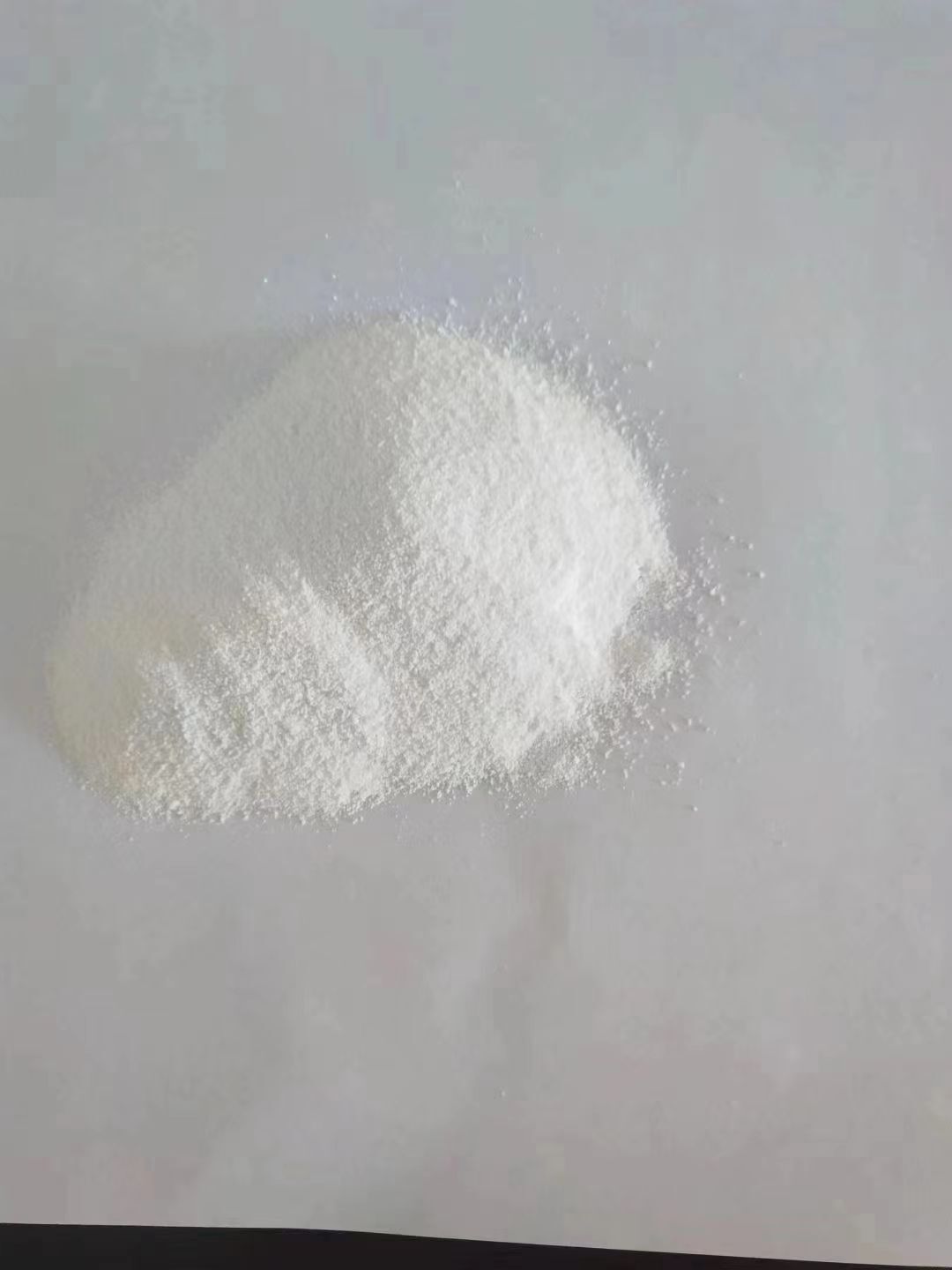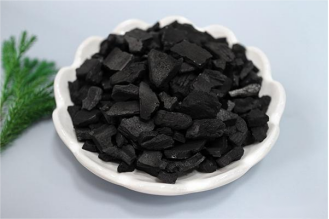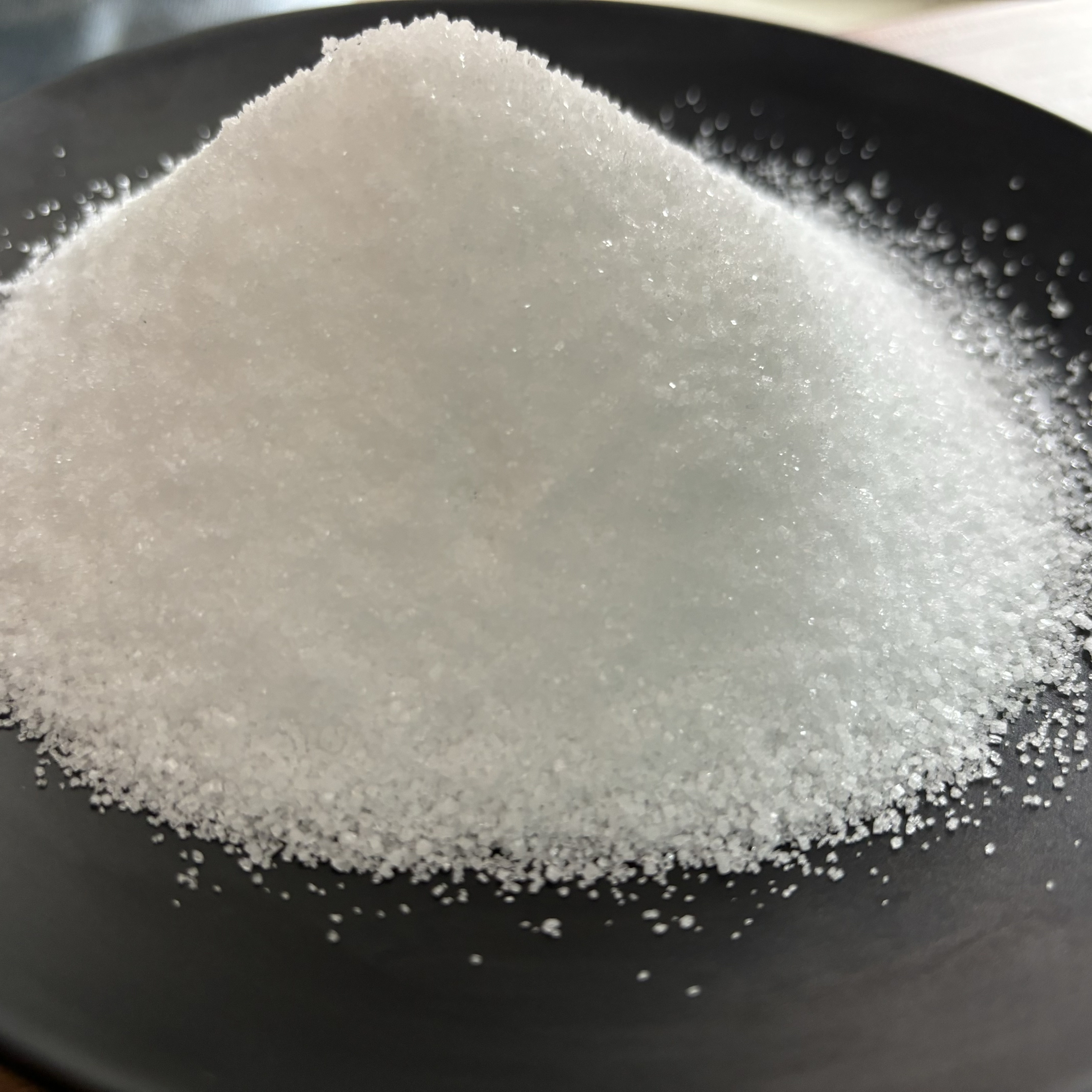
RELATED
 Sodium Hydrosulfide (NaSH)2024-06-03
Sodium Hydrosulfide (NaSH)2024-06-03 Is calcium chloride a precipitate? What are the uses of calcium chloride?2025-06-27
Is calcium chloride a precipitate? What are the uses of calcium chloride?2025-06-27 Analysis of several common hard carbon biomass precursors2025-06-19
Analysis of several common hard carbon biomass precursors2025-06-19 The Application of Thiourea in Gold Extraction from Gold Ore2025-06-13
The Application of Thiourea in Gold Extraction from Gold Ore2025-06-13 Wishing you peace and wellness on the Dragon Boat Festival.2025-05-30
Wishing you peace and wellness on the Dragon Boat Festival.2025-05-30
MESSAGE
Ammonium sulphate and urea are both common nitrogen fertilizers, but they differ in chemical composition, characteristics, application and economics. The specific differences are as follows:
Chemical composition
Ammonium sulfate: mainly contains nitrogen (N) and sulfur (S), with the chemical formula (NH4)2SO4. it is a nitrogen fertilizer containing sulfur, with a nitrogen content of 21% and a sulfur content of 25%.
Urea: a pure nitrogen fertilizer with the chemical formula CO(NH2)2. It has a higher nitrogen content, usually 46%.
Characteristics
Ammonium sulphate: ammonia nitrogen fertilizer, quick-acting, volatile, needs to be used properly to avoid nitrogen loss. It contains sulfur, which is beneficial to some crops such as potatoes, but excessive amounts may cause soil crusting.
Urea: It is also an ammonia-based nitrogen fertilizer, but it is more stable and less volatile than ammonium sulfate, making it suitable for long-term storage. The nitrogen in urea exists in the amide state and needs to be converted to ammonium nitrogen by microorganisms in the soil before it can be absorbed by plants.
Applications
Ammonium sulphate: It is suitable for sulphur-deficient soils but not for all crops, especially those sensitive to sulphur. It is mostly used as a foliar spray or as a base fertilizer.
Urea: It is widely used as a supplementary fertilizer for various crops, especially in field crops such as corn, and is the preferred fertilizer for farmers because of its high nitrogen content and stability.
Economy
Ammonium sulfate: in case of high price of urea, it can be used as a substitute if the price is reasonable (e.g. RMB 70/bag). However, it should be noted that due to its lower nitrogen content, the application rate needs to be increased when using it.
Urea: usually more expensive, but the total cost may be lower than ammonium sulphate due to its high N content and low use. Farmers prefer to use urea when it is reasonably priced.
Recommendations for use
When choosing fertilizers, farmers should consider crop needs, soil conditions, fertilizer prices and cost effectiveness. For sulfur-deficient soils, ammonium sulfate is a good choice, but the risk of overuse should be noted.
Urea is often considered a more economical choice because of its efficiency and stability, especially when it is reasonably priced.
In summary
Ammonium sulfate and urea have their own advantages and disadvantages, and farmers should choose according to the specific situation. When urea prices are high, ammonium sulfate can be considered if it is reasonably priced and can meet crop needs. However, it must be noted that ammonium sulphate has a lower nitrogen content, which requires an increase in application rate, and excessive amounts may adversely affect the soil.
Please give us a message





